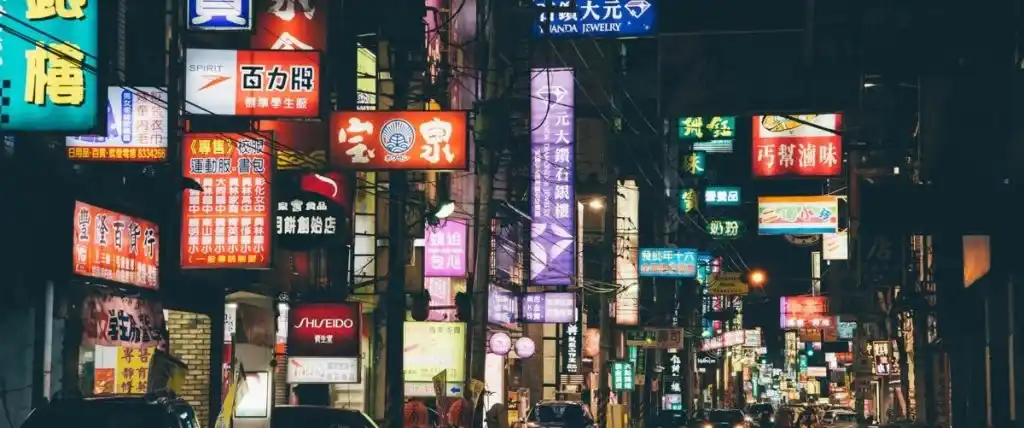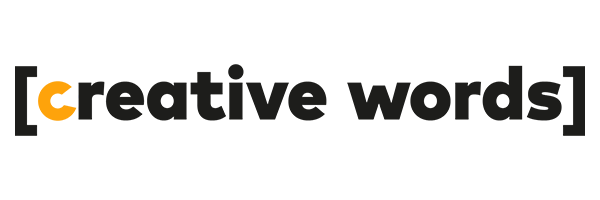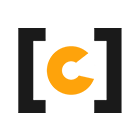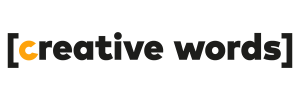
30 May Brand Localization in China: The Importance of choosing the Right Name
The name of a brand encloses its essence and makes it immediately recognizable. Brand Localization is a process that adapts a name to a specific culture. Let’s dive into brand localization in China.
But what’s the best brand localization approach when confronted with the Chinese market? Should we leave the name as is? Look for one that is similar from a phonetic point of view? Create a new one from scratch? There is no right or wrong answer and evaluation should be done on a case-by-case basis. In today’s post we talk about companies that have made very different choices but equally succeeded, specifically brand localization in China.
Enjoy the reading!
Coca-Cola 可口可乐 / Kě Kǒu Kě Lè
When Coca-Cola landed in China in 1928, they found themselves in a spot of bother: creating a name that was similar from a phonetic point of view and still worked in such a different market. Of the 200 characters with a suitable sound, many were discarded because of their meaning. They ended up choosing 可口可乐 (Kě Kǒu Kě Lè), merging 可口, tasty, and 乐, happy.
Not only was the name similar to the original one from a phonetic point of view, it was also telling something about the product, i.e. a tasty drink bound to be immediately associated with happy moments. Was it a winning choice? We’d say so, considering China is among the biggest markets for 可口可乐.
BMW 宝马 / Bǎo Mǎ
It’s immediately clear that the two initials, BM, are the same. But more than the phonetic aspect, it is the meaning that makes this name interesting: 宝 means precious while 马 is the logogram used for horse. Precious horse. What should we add?
Volkswagen 大众汽车 / Dàzhòng Qìchē
Did you know that, in German, Volkswagen means “the people’s car”? With the name 大众汽车 (Dàzhòng Qìchē), the company decided to completely ignore the phonetic aspect and focus on the meaning instead. 大众 means public while 汽车 means car. This is how Volkswagen managed to keep the idea of a car made for everyone.
Colgate 高露洁 / Gāo Lù Jié
In order to conquer the Chinese market, Colgate opted for a “nomen omen” approach. The logograms that make up the name mean high (高), reveal (露) and clean (洁). The company clearly wants to suggest that its toothpaste make it possible to show off whiter teeth.
Marvel 漫威 / Màn Wēi
Marvel deserves special attention since they landed in the Chinese market with a name that is perfect from every point of view. First thing we notice is the strong phonetic similarity between Marvel and Màn Wēi, but there’s a lot more. The 漫 character is used to compose the word 漫画 (màn huà) meaning cartoon and caricature, while the 威 logogram means power. The name, therefore, suggests the strength and power of comics. We cannot imagine a better message for this giant that conquered the world with comics and superheroes. Only thing we can say is chapeau.





